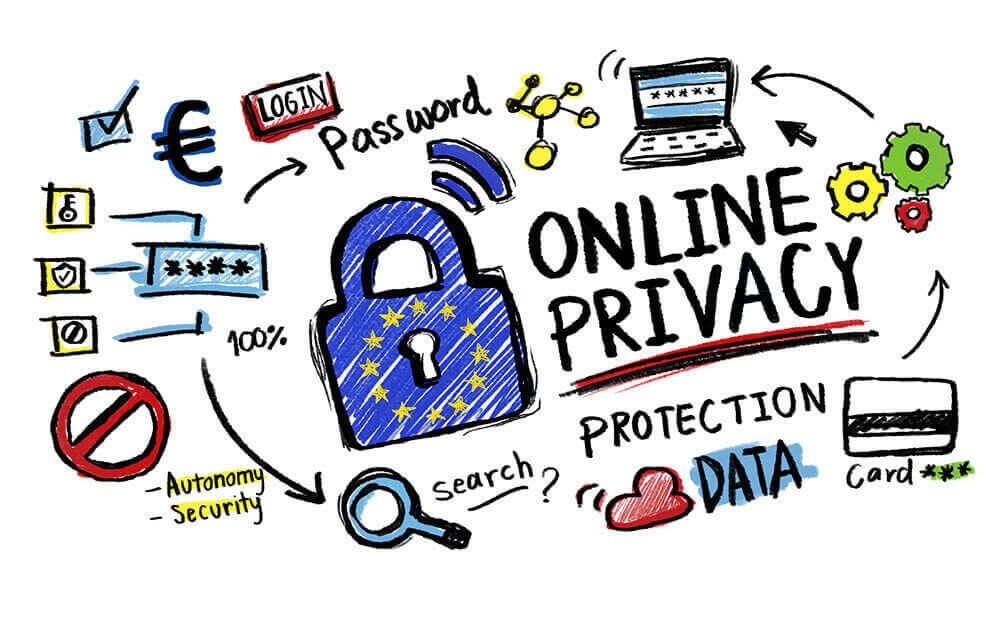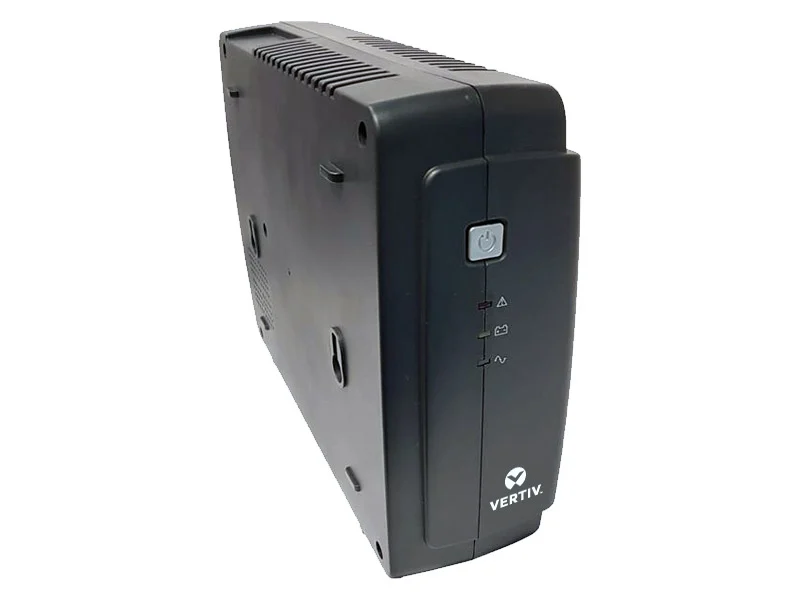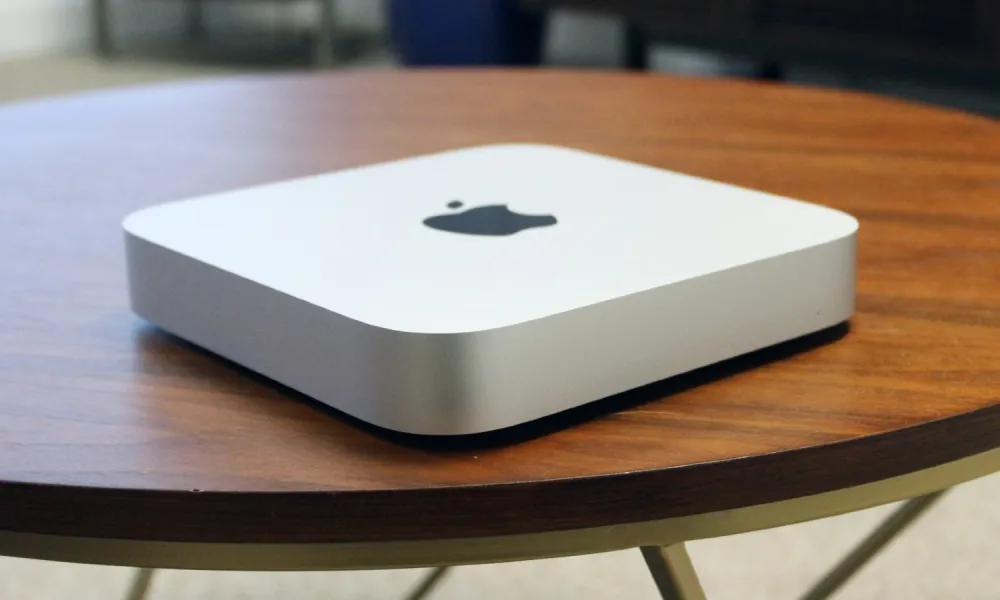The first step in protecting your privacy is understanding the potential risks of sharing information online. Cybercriminals and malicious actors are constantly looking for vulnerable targets, seeking to exploit personal data for financial gain, identity theft, or other nefarious purposes. Be cautious when sharing personal information such as your full name, address, phone number, financial details, or any other sensitive data on public platforms or unsecured websites. Even seemingly innocuous information like your birthdate or hometown is pieced together by cybercriminals to gain access to your accounts or impersonate you.
Use strong and unique passwords
The most basic yet crucial step in protecting your online privacy is to use strong and unique passwords for all your accounts. Weak or easily guessable passwords make it easier for cybercriminals to gain unauthorized access to your personal information. Create long, complex passwords and a combination of letters, numbers, and special characters. Avoid using common words, phrases, or personal information easily associated with you. Different passwords for each account should also be used to minimize the risk of a single compromised password leading to multiple breaches.
Enable two-factor authentication (2FA)
Two-factor authentication (2FA) enhances security by requiring an additional verification step along with your password. This is a one-time code sent to your phone, a biometric scan, or a physical security key. Enabling 2FA on your accounts significantly reduces the risk of unauthorized access, even if your password is compromised. Many popular notesonline services and platforms offer 2FA as an optional security feature, and it’s highly recommended that you take advantage of it whenever possible.
Be mindful of public wi-fi networks
Public Wi-Fi networks, while convenient, are a gateway for cybercriminals to intercept your online activities and steal sensitive information. Avoid accessing sensitive accounts or sharing personal information whenever possible while connected to public Wi-Fi networks. When using public Wi-Fi, it’s advisable to use a virtual private network (VPN) to encrypt your internet connection. This helps protect your online activities from unauthorized access.
Use privacy-enhancing tools and services
In addition to implementing best practices, there are various privacy-enhancing tools and services available to help protect your online privacy. These include:
- Virtual private networks (VPNs) – As mentioned earlier, VPNs encrypt your internet connection and help conceal your online activities and location from prying eyes.
- Password managers – Password managers securely store and generate strong, unique passwords for all your accounts, eliminating the need to remember multiple complex passwords.
- Privacy-focused browsers – Browsers focus on protecting user privacy by blocking trackers, ads, and other forms of online surveillance.
Keep software and applications updated
Outdated software and applications contain vulnerabilities that cybercriminals exploit to access your devices and personal information. Regularly updating your operating system, web browsers, and other software applications with the latest security patches and bug fixes is crucial for maintaining a secure online environment. Most modern devices and applications offer automatic updates, but it’s still a good practice to regularly check for and install any available updates manually. This helps ensure you have the latest security measures and reduces the risk of falling victim to known vulnerabilities.








